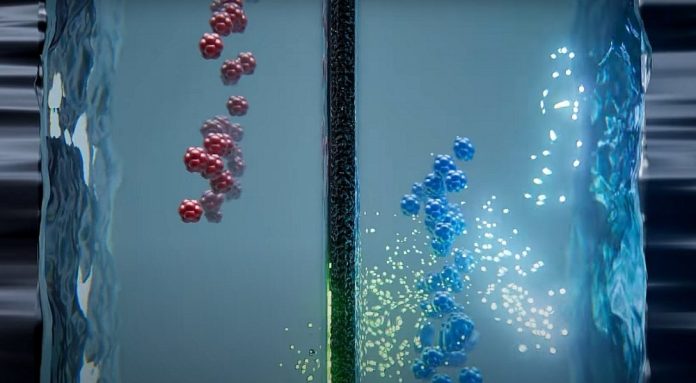Scientists at the University of Case Western Reserve (USA) have taken an important step in the development of battery technologies, improving the productivity of zinc-grained batteries. This type of battery is seen as a potential alternative to lithium-ion batteries that dominate the modern power market for electronics and electric transport.
Lithium-ion batteries have high energy intensity and have become a standard for many devices. However, their production process is related to the use of rare materials, high costs and environmental challenges. Zinc-grained batteries, in turn, use more affordable components, making them cheaper and safer for the environment. According to the Associate Professor of the Department of Mechanical Engineering and Aerospace Technology, a new study shows that water zinc-grassy batteries can become more stable, effective and versatile. Such batteries have a potential for a wide range of applications - from portable electronics to renewable energy systems.
Previously, zinc batteries had several drawbacks, including the corrosion of the zinc anode. Low conductivity. The growth of dendrites, which could cause short circuit and fire. The team of researchers, under the guidance of Chaiza Kao, solved these problems with the help of two additives: propylene glymethyl ether and zinc yodide. Thanks to these substances, batteries have become: more energy (by 20%). More stable and less prone to dendrites. Safer because the risk of short circuits is reduced.
According to a co -author of Guyin Sui's study, these innovations allow you to create compact batteries with high energy density, which can be charged more times without significant loss of performance.
The emergence of zinc batteries in the market can change the landscape of energy technologies, providing more stable and cost-effective solutions.


